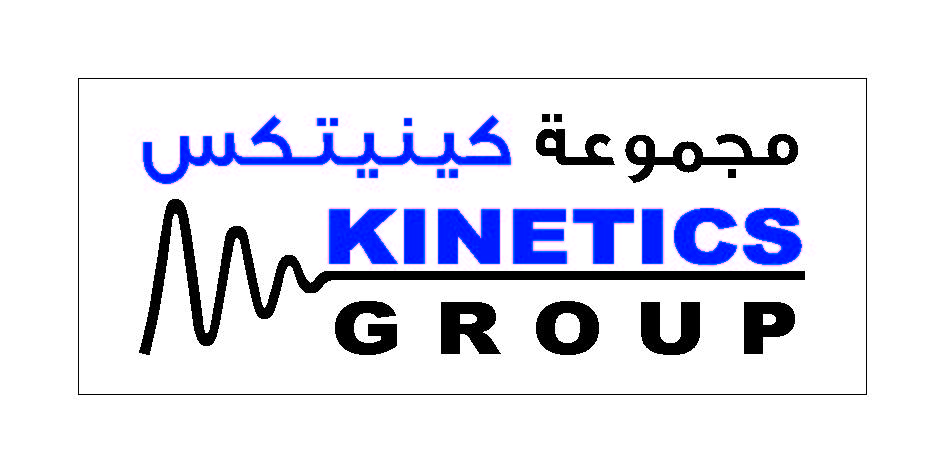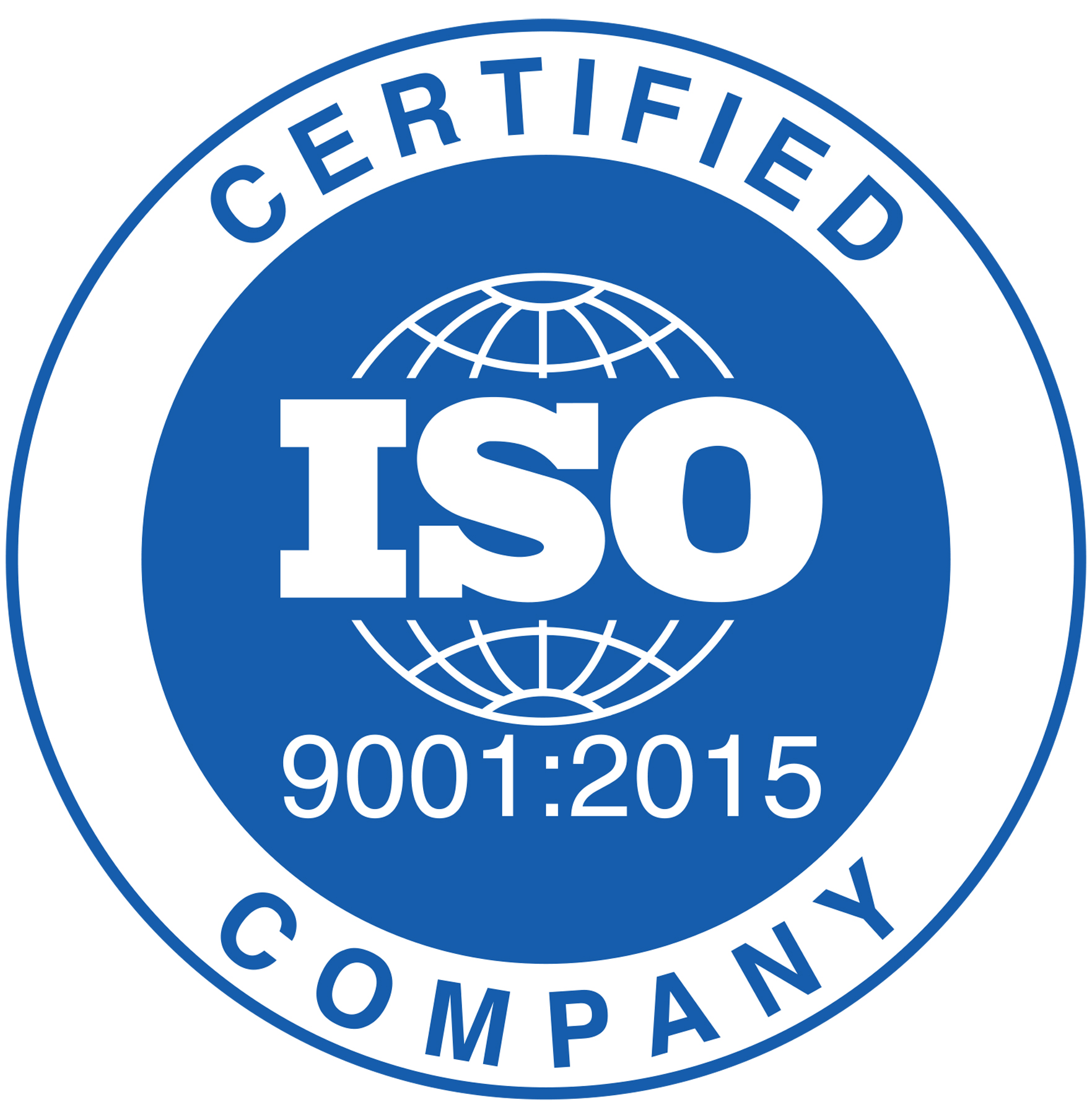Frequently Asked Questions
FAQ's
Please click the below link for the list of our overseas distributors.
Our office & warehouse timings are from Monday to Friday 8:00 AM to 5:30 PM. We will also be closed on public holidays including days of religious and national importance in the U.A.E.
We always have considerable amount of stock of products that are required as per the market demand. Our stocks range from all kinds of products ranging from vibration isolators, flexible connectors, expansion joints, floating floor etc.
We are always keen to meet energetic and talented professionals who would like to join our team. If you wish to be considered for any future positions, please send your CV and covering letter to: info@kineticsmiddleeast.ae or submit your CV by filling the form in the careers section.
All product prices are excluding tax.
Yes, we do. Kindly get in touch our customer service department or shipping at: customerservice@kineticsmiddleeast.ae for more details for your shipping query.
Generally, shipping is only done after payment is received and confirmed, if so we can arrange courier for standard items should customer need on urgent basis, but not as a common case. Also for same day local deliveries, same is applicable we can arrange urgent delivery for normal stock items with some extra cost for the transportation.
Our accounts & stores accepts payment by cash or via bank transfer.
Kindly get in touch with our credit control department or fill out the attached application form and send along with your company trade license, chamber of commerce and owner/sponsor passport copies to midhun@kineticsmiddleeast.ae to apply for credit terms.
Please see attached list of products that we supply along with the country of origin details.
For catalogues and submittals for all products & services we offer, kindly send email request to sales@kineticsmiddleeast.ae .
In the process of deciding on a vibration isolator for a particular application, there are a number of critical pieces of information which are necessary to define the desired functionality of the isolator. Some items are more critical than others, but all should be considered in order to select or design the appropriate product. Some of the factors which must be considered are: Weight, Size, Center-of-Gravity of the Equipment to be Isolated, Location of the Equipment in the building, Mounting of Equipment etc. are some of the key information required to do the selection of appropriate vibration isolators. Click here for the vibration isolator selection guide.
Please see attached list of products & services we offer.
Yes, we offer design support for all the products that we supply.
No, we are acoustic specialists and supplier and do not offer third party acoustic consultancy. However, please see attached list of acoustic consultants we can refer.
Please drop an email with the date, time, location & topic required for the CPD to nithin@kineticsgroup.ae .
Yes, we do. Our Acoustic team is capable of doing complete turnkey design, engineering, supply, installation & testing of acoustic works ranging from acoustic panels, sound attenuators, acoustic louvers, box-in-box systems etc.
Kindly get in touch with our sales or technical department by calling +971 4 88 57 361 or email us at sales@kineticsgroup.ae or info@kineticsgroup.ae.
Yes, we do seismic & wind overturning calculations for non-structural components in the building.
Yes, we do. We have a dedicated design team that will work on the seismic mark up drawings for cable restraints as per specifications.
Yes, we do. We have a dedicated site supervisor specialized on all products that we offer who can do on-site training for installation teams and contractors.
Yes, we do. We have a dedicated design team that will work thermal & expansion calculations and product selections. We also offer stress analysis & support design for piping.
Yes, we offer different types of Riser isolation system based on specifications & customer requirements. The various types of Riser systems we offer are: Expansion joint system & Spring isolator system.
To best serve these markets, Kinetics offers extensive practical experience in both the design and application of our products. The experienced staff is consists of Professional Engineers, Ph.D’s and highly trained technical engineers.
A rubber flexible connector is used to provide stress relief in piping systems due to thermal and mechanical vibration and/or movement.
A rubber flexible connector will allow for the following movements:
1. AXIAL COMPRESSION: The dimensional reduction or shortening of the face to face parallel length of the joint measured along the longitudinal axis.
2. AXIAL ELONGATION: The dimensional increase or lengthening of face to face parallel length of the joint measured along the longitudinal axis.
3. TRAVERSE OR LATERAL MOVEMENT: The movement or relating displacement of the two ends of the joint perpendicular to its longitudinal axis.
4. VIBRATION: The movement of the joint due to vibrations which are effectively intercepted and insulated against transmission to the remainder of the system.
5. ANGULAR MOVEMENT: The displacement of the longitudinal axis of the joint from its initial straight-line position (a combination of axial elongation and axial compression).
6. TORSIONAL MOVEMENT: The twisting of one end of the expansion joint with respect to the other end about its longitudinal axis.
7. CONCURRENT MOVEMENTS: The combination of two or more of the above listed movements. This value is expressed as the Resultant Movement.
Seismic restraint is reinforcement that is designed to prevent earthquakes from damaging an object.
Damage from falling objects such as ceilings, ducts, pipes and other non-structural building elements poses a significant risk to human safety. Within U.A.E, seismic restraint of these non-structural elements has traditionally been an afterthought.
All new buildings require seismic restraint of non-structural elements to gain building consent, prevent future loss of life, injury and financial loss.
There are several factors involved in determining a level of seismic restraint, these are:
• Geographic location of project
• Subsoil type
• Building type
• Specification requirements
Isolation efficiency is the percent of vibration force or motion that is not transmitted through the vibration mount.
G is the value of acceleration produced by the force of gravity.
Noise is vibration of air. Vibrations of the air typically have a frequency and an intensity (loudness) level. Noise is what you hear with your ear.
In order to be able to reduce disturbing noise levels, it is very important to identify three key elements. The first element is the source of the noise, second is the path and finally the receiver. Another important aspect to be considered is the frequency of the noise. For any noise problem all three elements must be analyzed.
Defined as the number of oscillations per unit time that an external force or displacement is applied to a system, can also be referred to as ‘forcing frequency’. Typically measured in Hz (cycles per second).
Is the frequency at which oscillating system will vibrate if displaced from its equilibrium position and allowed to vibrate freely. Often described as Fn and measured in Hz (cycles per second).
When the frequency of excitation is equal to the natural frequency of a system, resonance occurs. When this happens there is amplification of the vibration input to the system and this can only be limited by the damping in the isolation system.
Describes the amount of shock or vibration that a particular piece of equipment can withstand. Isolation systems are often designed to limit the transmission of forces to the fragility level of the isolated equipment.
Describes the dissipation of energy with time or displacement.
This represents the six directions of movement that a vibration isolation device such as an elastomer or spring isolator is capable of traveling.
Yes, we have expansion joints, flexible connectors and flexible hoses of European origin.
Yes, we can offer WRAS approved expansion joints, flexible connectors and flexible hoses suitable for potable water application.


